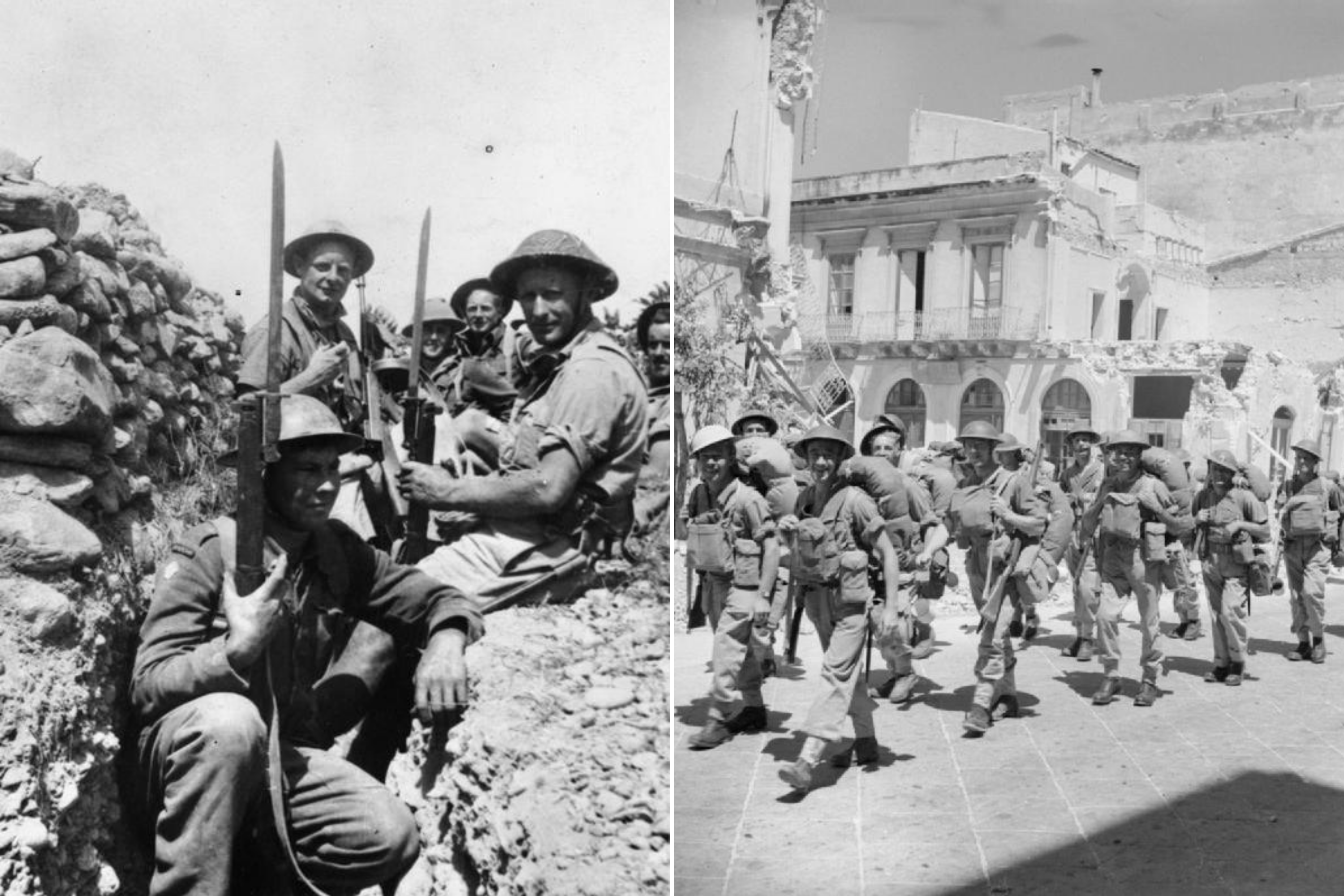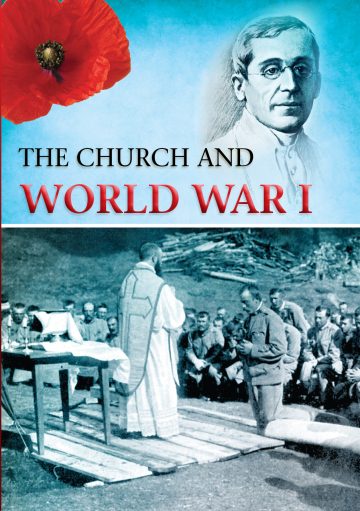In 1940, in the midst of the Second World War, an anonymous chaplain authored “At the Front: thoughts and prayers for the fighting forces”. Below is an extract from these thoughts and prayers, which can be found in full in the republished booklet War at Home and on the Front, which also includes Mothers in Wartime, a 1942 publication written by Theresa Blundell, the daughter of theologian WG Ward.
FOUR POINTS
(1). Try to realize that God is always with you. He is with you wherever you are, and you can always pray to Him. You can always pray to Him, even if you are miles away from a church or a priest. Ask Him confidently for what you need, and He will always hear you and give you what you ask, and much more besides. He is a good Father and you are His children. And when you are in pain or in trouble, He is nearer to you than at any other time.
And so put away all fear and anxiety. Say to yourselves: “God is my helper, whom shall I fear?”
(2). Should you commit in the future a grievous offence against God, remember that you can be reconciled to Him at any time by a good act of contrition. It is not difficult. Tell Him that because He is so good you love Him and are sorry you have offended Him. Tell Him that you are resolved to go to Confession when you have the opportunity, and never to sin again, God Himself will help you. He is always willing to take you back. For He Himself has said: “ There shall be more joy before the angels of God on one sinner doing penance than on ninety-nine just who need not penance.”
(3). Be regular in your daily prayers. All things that are important to us must be done regularly. We have to eat regularly, and sleep regularly, and take exercise regularly in order to keep ourselves in health. And in the same way in order to keep our souls in health we must pray regularly. Every day we ought to think of God. Every day our soul needs a fresh supply of God’s grace. And so make up your minds that you will say at any rate some prayer every day, even if it is only an Our Father and a Hail Mary. You can pray when you are walking about by yourself, or at your work, or before you go to sleep at night. Put yourself first in the presence of God, and say the prayers as well as you can in the circumstances. Or you can say still shorter prayers such as: “O my God, I am sorry for my sins. Jesus Son of God have mercy on me. My God, I trust in Thee alone. Father, not my will but Thine be done.”
(4). Lastly, if you want to keep out of mortal sin and to serve God faithfully, you must go to Confession
and Holy Communion as often as you can. You are not likely to be able to go once a week or once a month, as you could in peace time, and so it is all the more important that you should use the opportunity when you get it. For you will be in greater need of the Sacraments than you were in civil life. You will be living in most intimate contact with non-Catholic men. Most of your companions will probably be non-Catholics. They will not have the Catholic idea about the sinfulness of
impurity. They will not care at all about the life to come or the supernatural. Mind their example does not lead you to sin. At times temptation to sins of the flesh will be thrown across your path. And you will need the support of God’s grace in order that you may bear with patience and without shrinking the hardships of a soldier’s life.
The Sacraments are the most sure means that we have of strengthening our soul. If a man cannot get to them through no fault of his own, then God will help him in other ways. But a man who can use them and will not, has no right to expect God to help him, any more than a sick man can expect to get well who will not do what his doctor tells him.
War at Home and on the Front is part of the CTS Onefifties collection, in which publications from the past were republished to celebrate the 150th anniversary of the Catholic Truth Society. You can also find more CTS booklets on various historical subjects, including the Great War, the Crusades, and more in our Concise Histories section.





